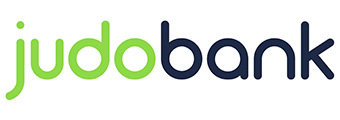Fact Checked
The table below displays a snapshot of some of the highest term deposit interest rates around for one-year terms.
| Bank | Term Deposit | Interest Rate | Interest Frequency | Term | Automatic Rollover | Maturity Alert | Early Withdrawal Available | Minimum Deposit | Maximum Deposit | Notice Period to Withdraw | Account Keeping Fee | Online Application | Joint Application | Tags | Features | Link | Compare | Promoted Product | Disclosure |
|---|---|---|---|---|---|---|---|---|---|---|---|---|---|---|---|---|---|---|---|
4.90% p.a. | Annually | 12 months | $25,000 | $1,000,000 | – | – | |||||||||||||
4.70% p.a. | Annually | 12 months | $1,000 | $1,000,000 | – | – | |||||||||||||
4.35% p.a. | Annually | 12 months | $25,000 | $10,000,000 | – | – | |||||||||||||
4.70% p.a. | Annually | 12 months | $1,000 | $0 | – | – | |||||||||||||
4.30% p.a. | Annually | 12 months | $5,000 | $25,000 | – | – | |||||||||||||
4.50% p.a. | Annually | 12 months | $10,000 | $5,000,000 | – | – | |||||||||||||
4.15% p.a. | Annually | 12 months | $1,000 | $5,000,000 | – | – | |||||||||||||
4.40% p.a. | Annually | 12 months | $1,000 | $999,999 | – | – | |||||||||||||
4.90% p.a. | Annually | 12 months | $1,000 | $800,000 | – | – | |||||||||||||
4.60% p.a. | Annually | 12 months | $250,000 | $500,000 | – | – | |||||||||||||
4.50% p.a. | Annually | 12 months | $5,000 | $10,000 | – | – | |||||||||||||
4.50% p.a. | Annually | 12 months | $250,000 | $1,000,000 | – | – |
Important Information and Comparison Rate Warning
Important Information and Comparison Rate Warning





































